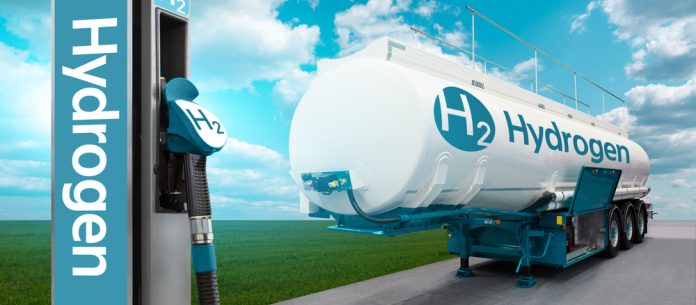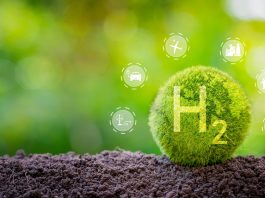Coventry University Group and India’s Vellore Institute of Technology (VIT) have launched a pioneering collaboration that could reshape the future of hydrogen transportation.
With hydrogen playing a crucial role in the global shift towards cleaner energy, this joint venture focuses on overcoming one of its most pressing challenges – the safe and efficient movement of hydrogen – through the power of artificial intelligence (AI).
The hydrogen transportation challenge
As nations accelerate efforts to reach net-zero emissions, hydrogen has emerged as a clean energy frontrunner.
However, despite its promise, transporting hydrogen remains fraught with technical difficulties. Chief among them is Hydrogen Embrittlement (H₂E), a phenomenon where hydrogen atoms infiltrate metals such as steel, iron, and nickel, compromising their structural integrity.
This can result in brittleness, cracking, and potentially catastrophic failures in pipelines and containers.
AI-powered solutions for safer hydrogen movement
To address these issues, researchers at Coventry University’s Institute of Advanced Manufacturing and Engineering (AME) and the Centre for Advanced Low Carbon Propulsion Systems (CALPS) are collaborating with VIT experts in engineering and digital manufacturing.
Their goal is to develop innovative, AI-driven methods for the safe, cost-effective storage and transportation of hydrogen.
Utilising generative AI, the teams aim to model and predict material behaviour under hydrogen exposure, enabling the design of more resilient transport systems.
A strategic global partnership
Funded through the prestigious British Council UKIERI (UK-India Education and Research Initiative), this two-year initiative, running until 2026, not only strengthens international academic ties but also focuses on real-world applications of hydrogen in future transport and energy systems.
Leading the project are Dr Arivazhagan Anbalagan, Assistant Professor in Digital Manufacturing at Coventry University, and Dr Margret Anouncia S, Professor of Software Systems at VIT. Together, they aim to create transformative solutions that support global hydrogen adoption.
Dr Anbalagan commented: “As hydrogen becomes a key clean energy focus, developing safe, cost-effective storage and transportation is crucial.
“Using AI to predict and prevent hydrogen embrittlement will aim to enhance storage and transportation system’s safety and reliability.
“Our team at Coventry University is excited about working with VIT colleagues. This project will significantly aid both countries’ net-zero carbon efforts.
“We’re prepared for this two-year journey to foster research collaboration and innovation and strengthen educational ties with VIT through PhD studentships and joint BSc/MSc courses.”
Why advancing hydrogen transportation matters
The success of hydrogen transportation is vital for scaling up green energy solutions across sectors like aviation, shipping, automotive, and heavy industry.
Safer hydrogen logistics will accelerate deployment in fuel cell technologies, hydrogen-powered vehicles, and industrial decarbonisation.
This partnership represents more than a research milestone – it’s a crucial step toward a sustainable future powered by hydrogen.
Innovations stemming from this project could set new global standards for how hydrogen is stored and moved, helping to unlock its full potential in the green energy landscape.
For nations striving for net zero, breakthroughs in hydrogen transportation could well be the game-changer.









